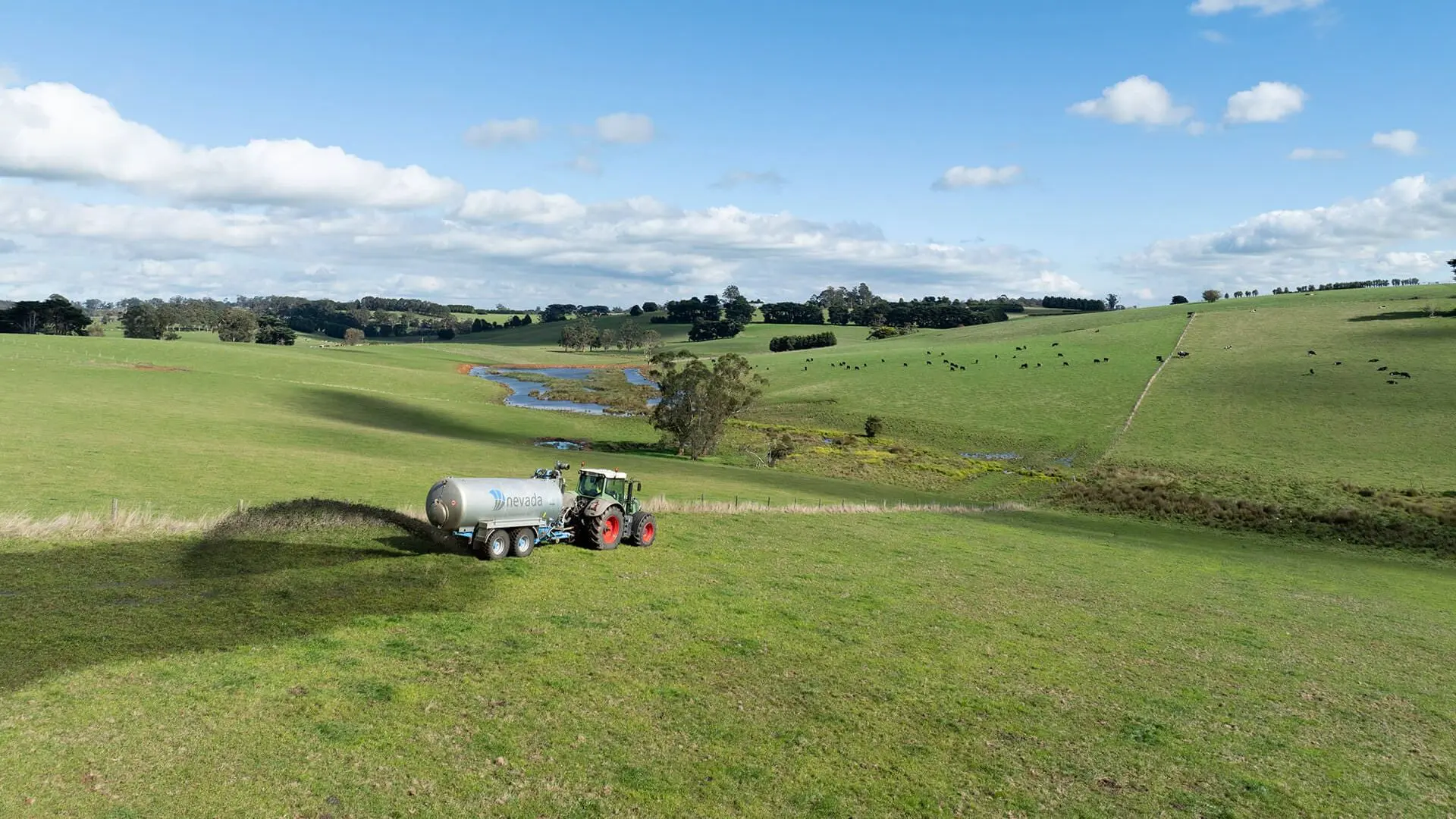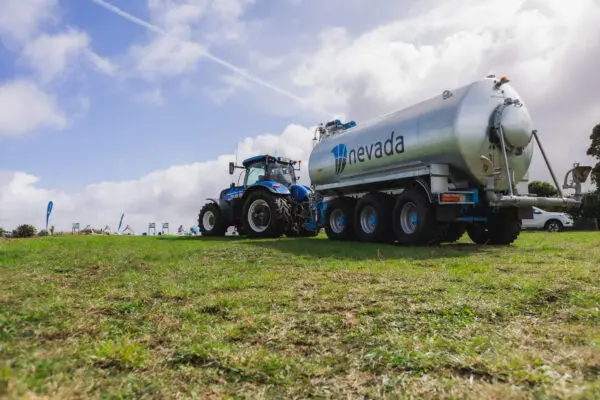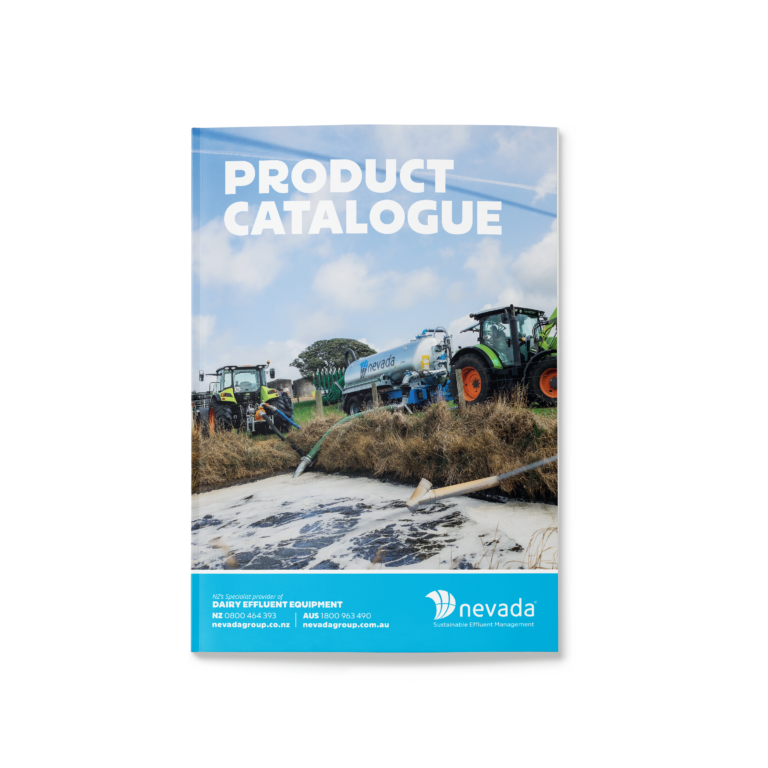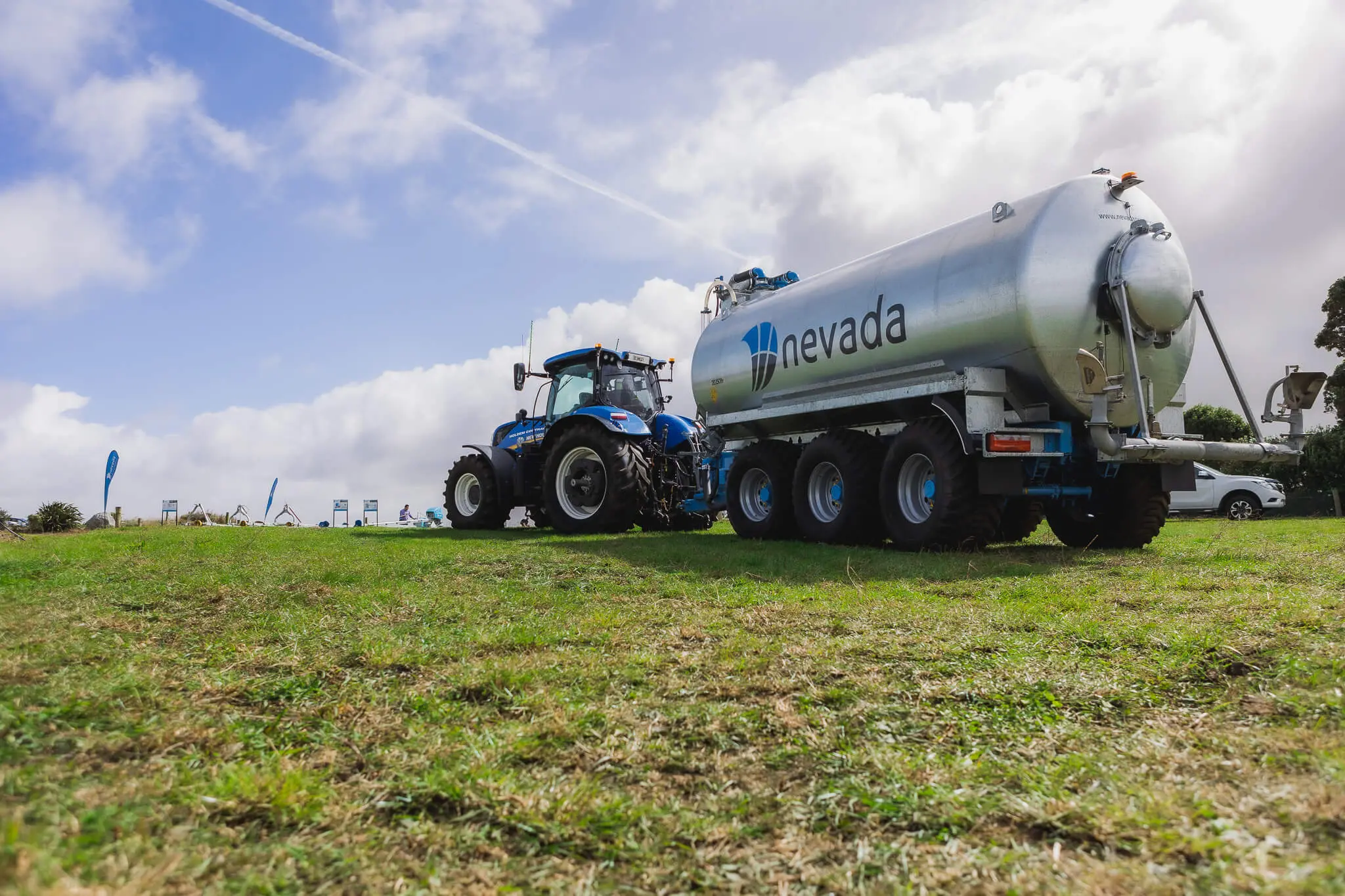- Sustainable Effluent Management
With the majority of Europe banning the use of splash plates for effluent spreading, a common concern for kiwi dairy farmers with slurry tankers is whether or not New Zealand councils will do the same. While we may not be able to predict the future, we can provide some good industry insights on the matter…
In comparing New Zealand to Europe it should be noted that our effluent is usually a lot less concentrated, and our population is less dense. This basically means our effluent is less potent and we’ve got more room to spread it, making splash plate spreading much less of an environmental and social issue here in New Zealand. Travelling irrigators are more likely to be banned if councils get real tough on air quality, however it is always a possibility we will eventually follow in the footsteps of Europe.
If New Zealand councils did decide to ban splash plate spreading, the good news is there are alternative options. In fact, the use of splash plates for effluent application in New Zealand is becoming a thing of the past. This is simply because there are far better application methods available now, not because of any council compliance rules. Using Nevada as an example, we now supply all slurry tankers with RainWave™ applicators as these provide the best performance and value. Even in Europe the Nevada RainWave™ is an approved method of application. Independent trials have shown the loss by volatilisation is equivalent or better than a dribble bar.

Other slurry tanker applicator options include dribble bars, trailing shoes, disc injectors or rain guns. Each applicator has advantages and disadvantages depending on the farming situation. It was once thought that injecting effluent directly into the ground was the best option, however research proved that in lighter soils this can cause leaching and be detrimental to groundwater contamination. Dropper booms/dribble bars and trailing shoes have also thought to be the best option for spreading close to neighbouring properties and boundaries, however many farmers using a RainWave™ applicator have said they have no issues with compliance or neighbour complaints.
"*" indicates required fields

"*" indicates required fields

"*" indicates required fields

"*" indicates required fields

